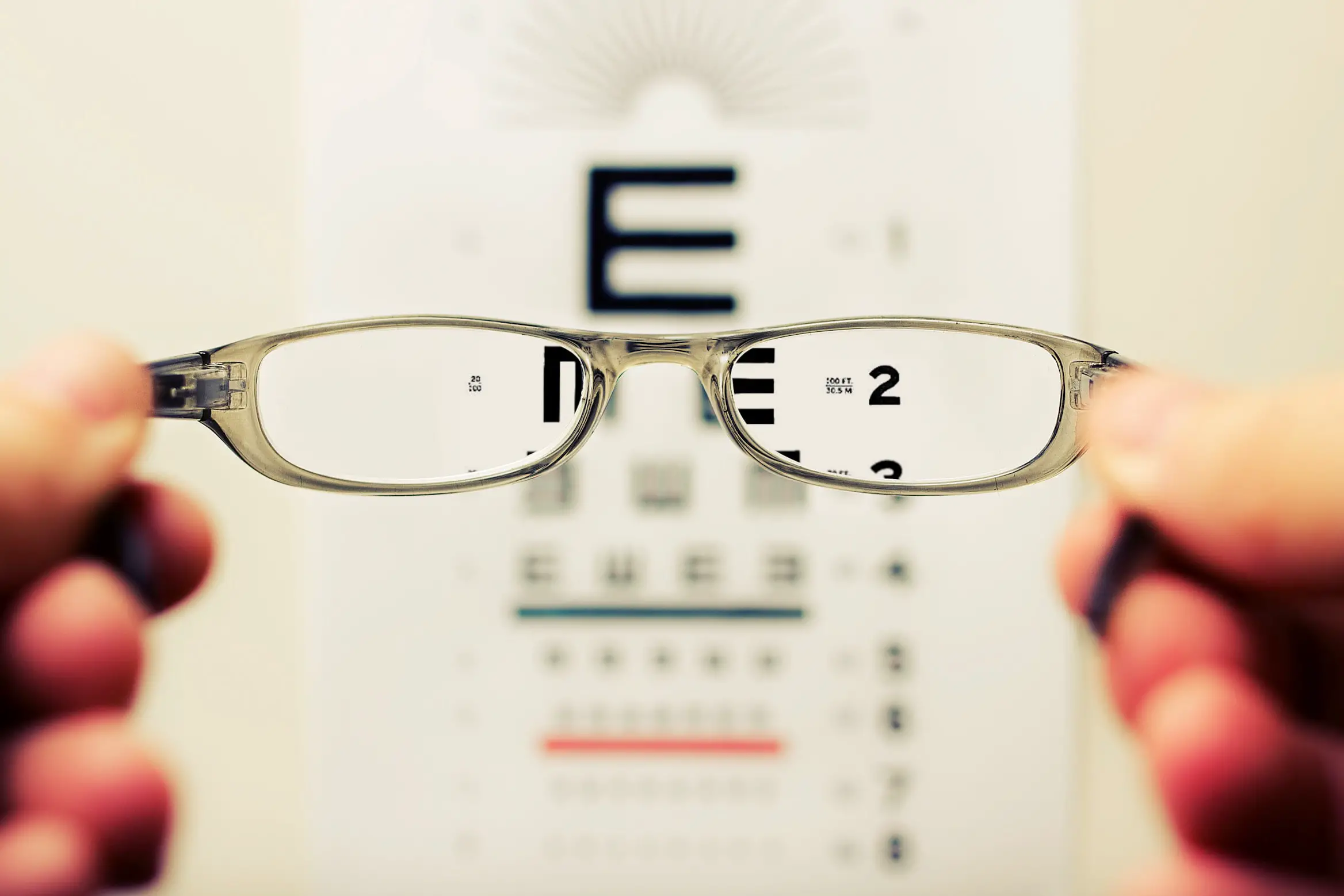Take care not to take your sight for granted. To keep your eyes healthy, follow these simple measures. But in the worst-case scenarios consult the best Opticians in Bangladesh for more information.
Good eating habits
The food you eat has a big impact on your eye health. Omega-3 fatty acids, lutein, zinc, and vitamins C and E may help protect against macular degeneration and cataracts as people become older. Fill your plate with the following to receive them:
-
Spinach, kale, and collards are examples of green leafy vegetables.
-
Tuna, salmon, and other fatty fish
-
Nonmeat protein sources include eggs, almonds, beans, and other legumes.
-
Oranges, lemons, limes, and other citrus fruits and juices
-
Pork and oysters
A well-balanced diet also aids in weight maintenance. Obesity and associated disorders such as type 2 diabetes, which is the primary cause of blindness in adults, are reduced as a result.
Quit smoking
It increases the risk of cataracts, visual nerve damage, and macular degeneration, among other medical concerns. If you've attempted to stop the habit previously just to go back into it, don't give up. You're more likely to succeed the more times you try to stop. Consult your doctor for assistance.
Wearing sunglasses
Your eyes will be protected from the sun's ultraviolet (UV) radiation if you wear the correct sunglasses. Excessive UV exposure increases the risk of cataracts and macular degeneration.
Choose a pair that blocks UVA and UVB radiation by 99 percent to 100 percent. Wraparound lenses provide side protection for your eyes. When polarized glasses minimize glare while driving, they do not always provide additional protection.
Some contact lenses provide UV protection if you wear them. Wearing sunglasses as an extra layer is still a smart idea.
The use of safe eyeware
Wear safety glasses or protective eyewear if you work with dangerous or airborne products at home or at work. Eye injuries can also occur in sports like ice hockey, racquetball, and lacrosse. Protect your eyes by wearing sunglasses. Eye protection is provided by helmets with protective face masks or sports goggles with polycarbonate lenses.
Excessive use of digital devices
Too much time spent staring at a computer or phone screen might lead to:
-
Strain in the eyes
-
Vision is blurry.
-
Having difficulty focusing at a distance
-
Eyes that are dry
-
aches and pains
-
Pain in the neck, back, and shoulders
To keep your eyes safe, do the following:
-
Check to see if your glasses or contacts prescription is up to date and suitable for computer use.
-
Consult your doctor about computer glasses if your eye discomfort persists.
-
Adjust the screen so that your eyes are level with the monitor's top. This allows you to gaze down at the screen somewhat.
-
Try to keep glare from windows and lights to a minimum. If necessary, use an anti-glare screen.
-
Select a chair that is both comfy and supportive. It should be positioned such that your feet are flat on the ground.
-
Blink more or use artificial tears if your eyes are dry.
-
Every 20 minutes, take a 20-minute break. For 20 seconds, look 20 feet away. Take a 15-minute break every 2 hours at the absolute least.
Visit the doctor regularly
Everyone, even youngsters, should get their eyes examined on a regular basis. It aids in the protection of your vision and allows you to see your best. Eye exams can also detect disorders that have no symptoms, such as glaucoma. It's critical to recognize them early, when they're easier to cure.
You can see one of two types of physicians, depending on your eye health needs:
-
Medical specialists that specialize in eye treatment are known as ophthalmologists. They can provide regular eye care, diagnose and treat eye illnesses, as well as conduct surgery on the eyes.
-
After college, optometrists receive four years of specialized training. They offer general eye care and may diagnose and treat a wide range of conditions. They don't operate on the eyes.
The following items may be included in a complete eye exam:
-
Discussing your own and your family's medical history
-
Nearsightedness, farsightedness, astigmatism (a bent cornea that distorts vision), and presbyopia are all determined by vision tests (age-related vision changes)
-
Tests to evaluate how effectively your eyes communicate with each other
-
Glaucoma can be detected using eye pressure and optic nerve examinations.
-
Before and after dilatation, your eyes will be examined externally and microscopically.






